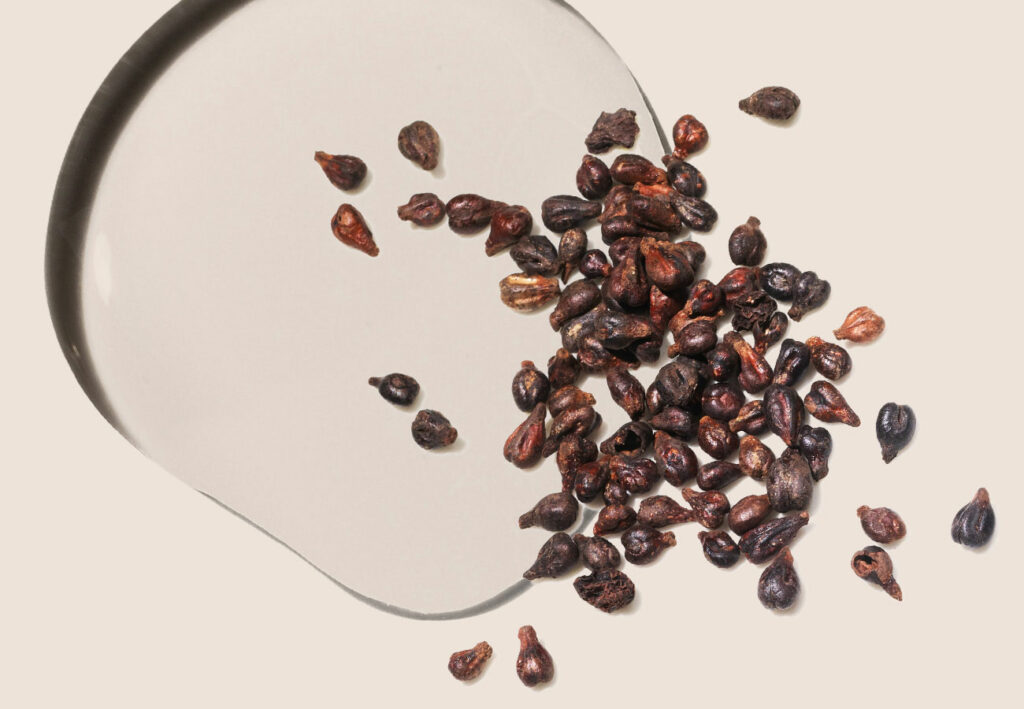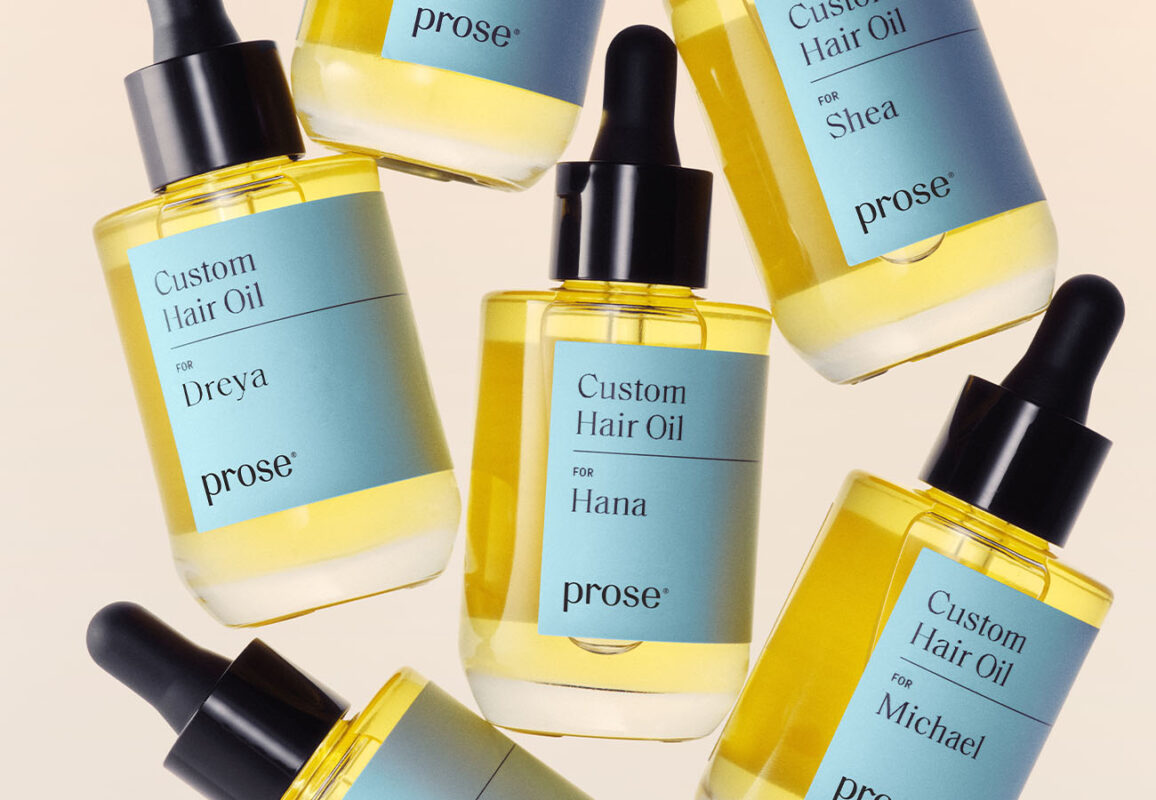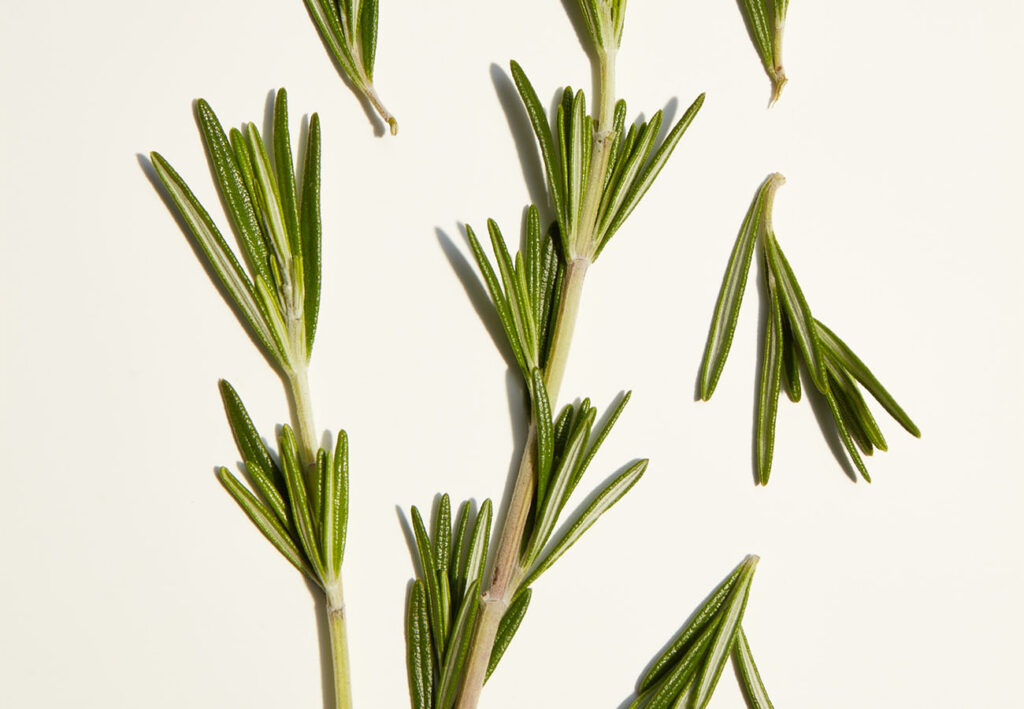While hair supplements won’t turn a pixie cut into long strands overnight, there is enough anecdotal evidence to prove that they do have merit. Hair supplements can help with hair thickness, density and resilience, but unfortunately, they can’t bring dormant, unviable hair follicles back to life. Much like a daily vitamin can fill in nutritional gaps, hair supplements do the same.
“Generally speaking, ingestible supplements can provide extra support for thinning hair and brittle nails,” says NYC dermatologist, Joshua Zeichner, director of cosmetic and clinical research in dermatology at the Icahn School of Medicine at Mount Sinai, “They’re safe if you’re in good health.”
When it comes to hair supplements, biotin, folic acid, and vitamins A, C, D and E are among the most common ingredients:
Biotin
Biotin, also known as vitamin B7, converts carbohydrates, fats and amino acids from food into energy. Deficiencies can manifest in the form of brittle nails and hair loss, but can be quickly rectified by oral supplements. A double-blind study at the University of California showed an increase in hair volume, thickness and scalp coverage, after 90 days of use, with continued improvement even after 180 days.
Folic Acid
Folic acid, also a part of the B vitamin family, is commonly found in prenatal vitamins, but has benefits beyond pregnancy, helping build healthy cells and tissue.
Vitamin A
Vitamin A is an essential component of hair growth, keeping the sebaceous glands in the scalp from becoming clogged.
Vitamin C
Like in skin, vitamin C is included in hair supplements because it helps stimulate and protect collagen synthesis. Collagen is an important protein for hair growth and thickness.
Vitamin D
Heralded for an ability to encourage the growth of hair follicles, a lack of vitamin D is believed to be linked to hair loss and conditions like alopecia areata.
Vitamin E
A noted free radical fighter, vitamin E helps protect the scalp and hair lipids from UV exposure, pollutants and the damaging effects of chemical treatments.
According to a 2017 report in Consumer Reports, if you are deficient in any of the above nutrients, supplementing may help. However, always speak to your doctor before starting any supplement. Zeichner stresses that “even natural ingredients can affect your body or interact with medications you’re already taking.”
Pair hair supplements with custom hair care and get ready for your best hair yet. Get your customized Prose consultation here.





